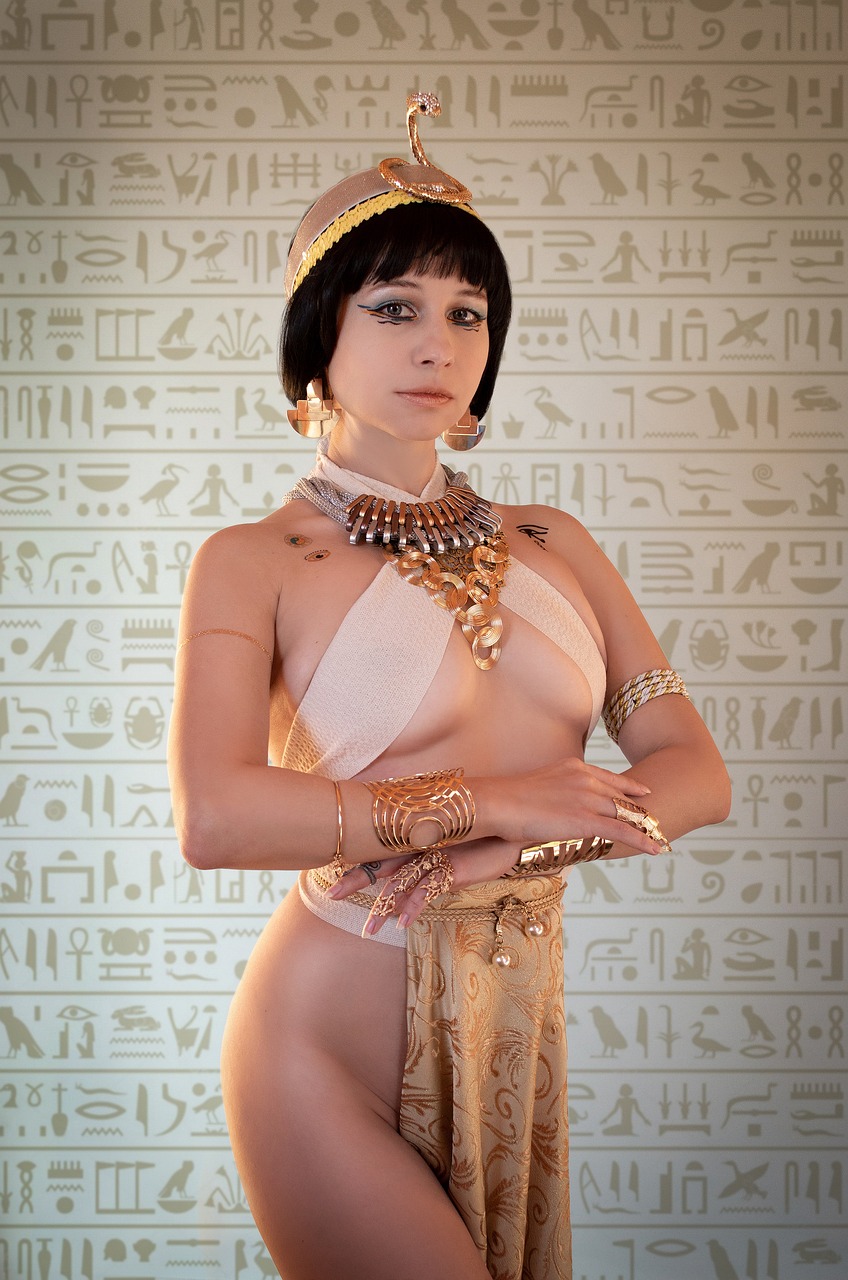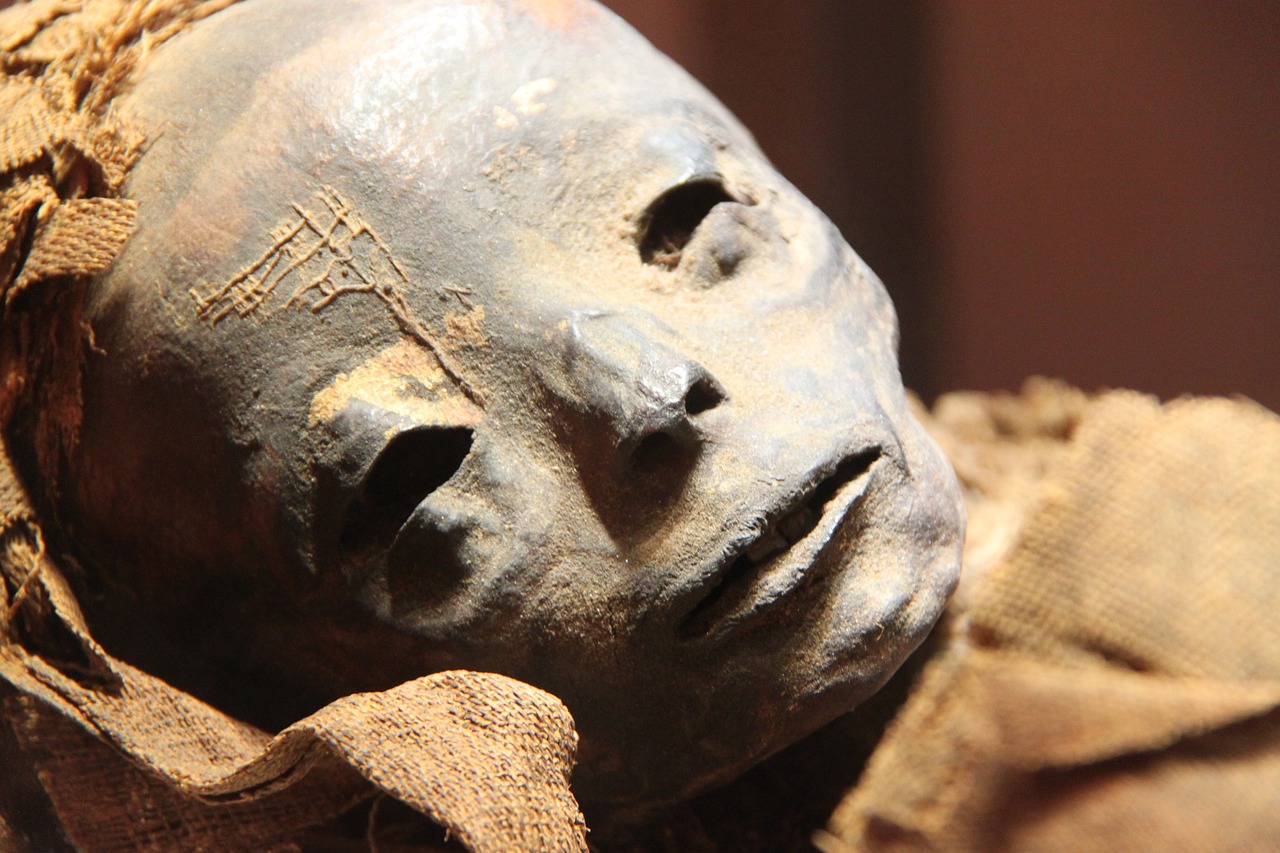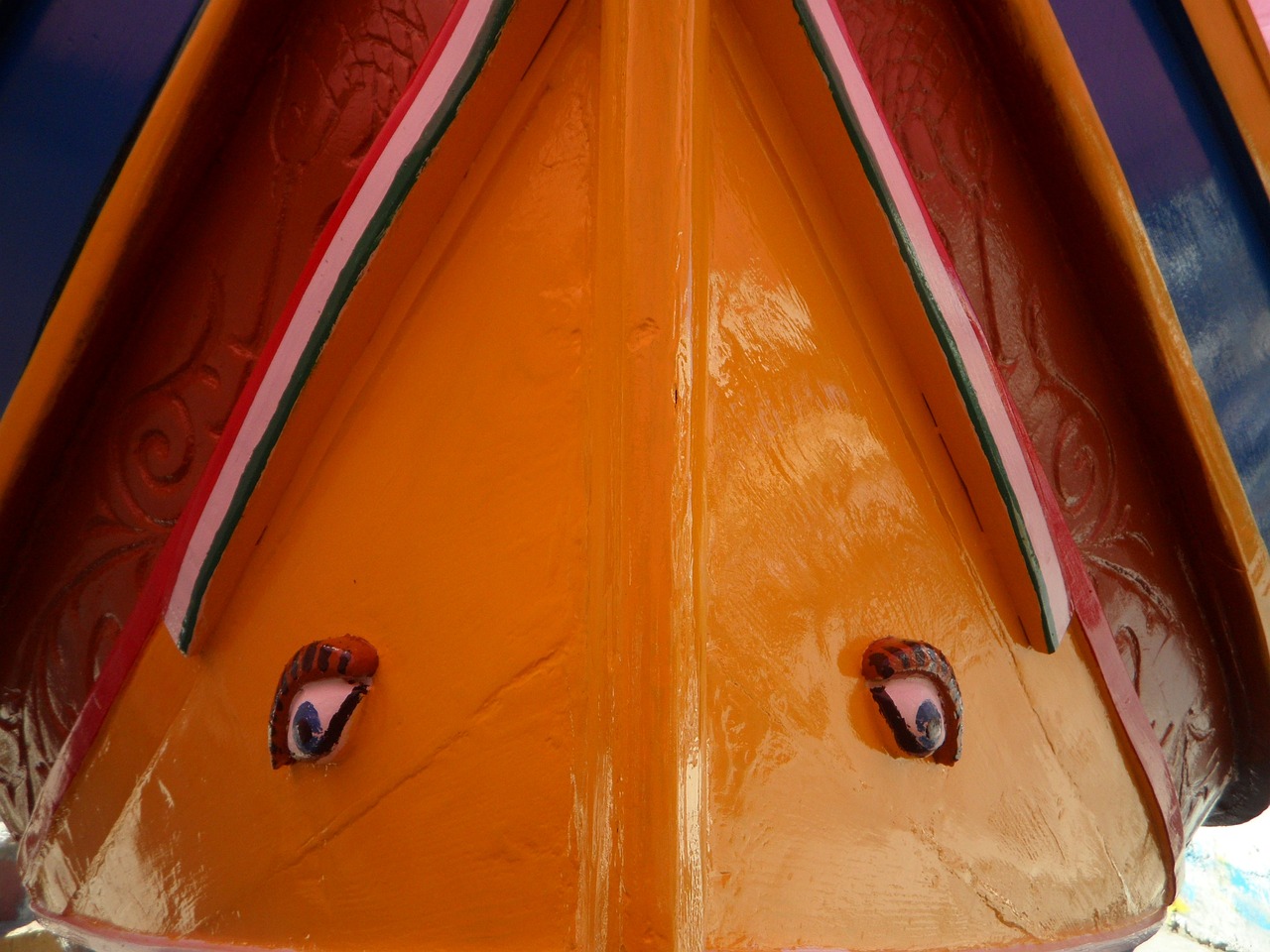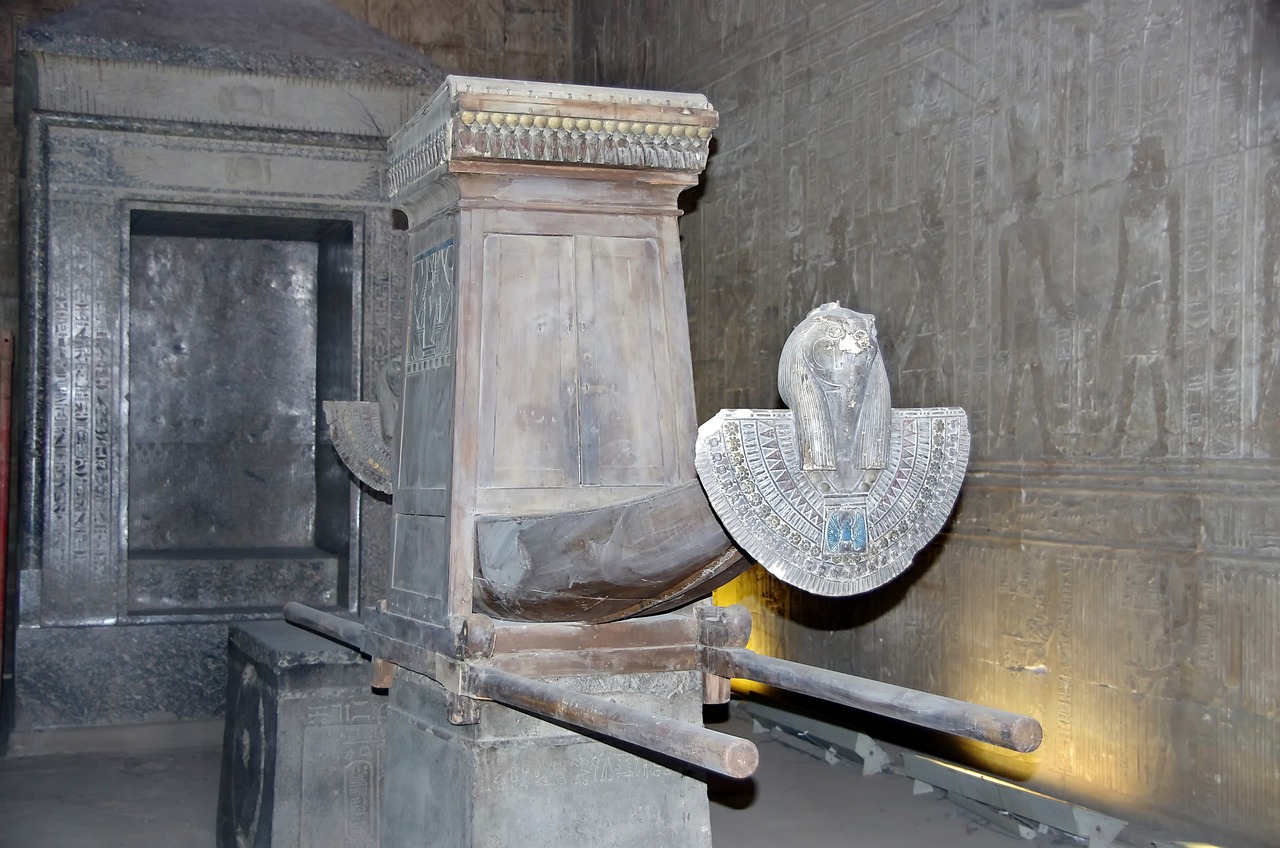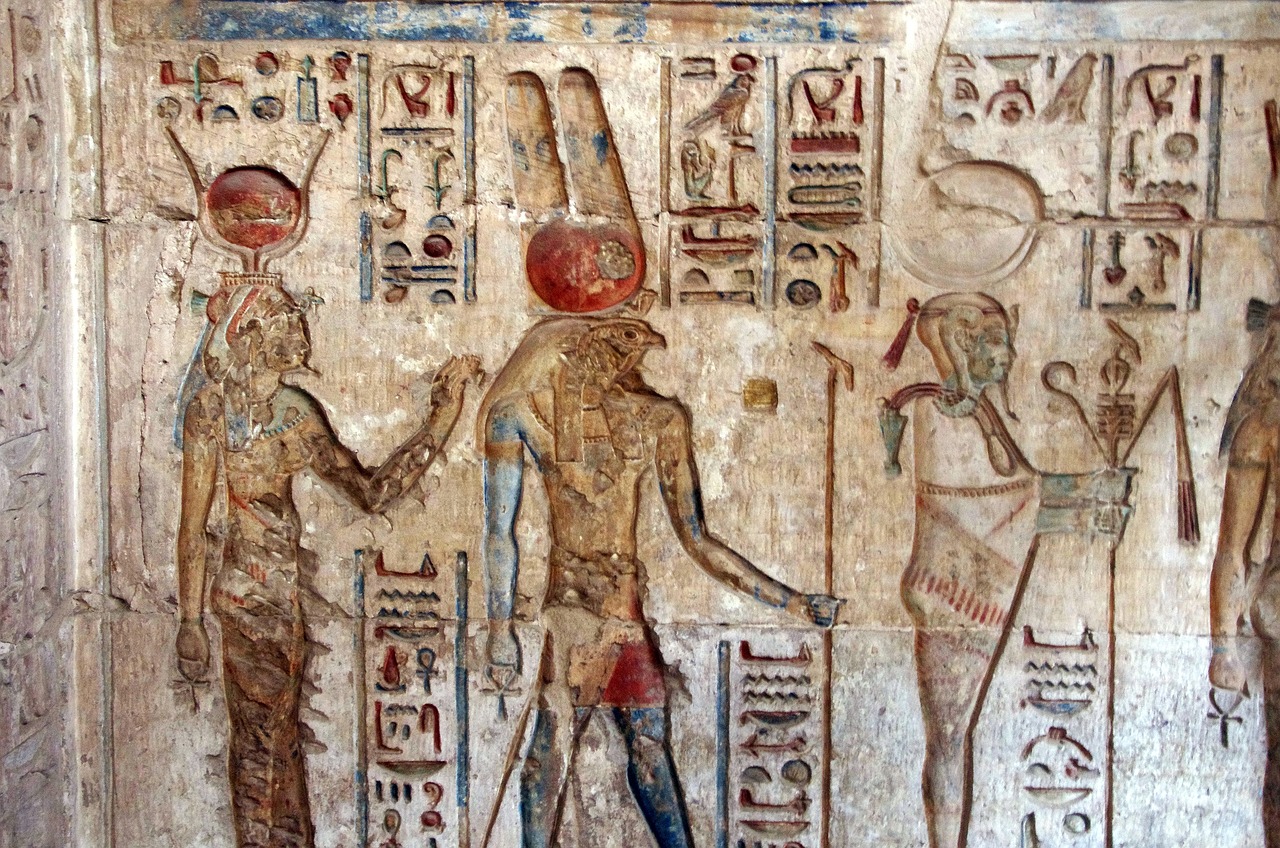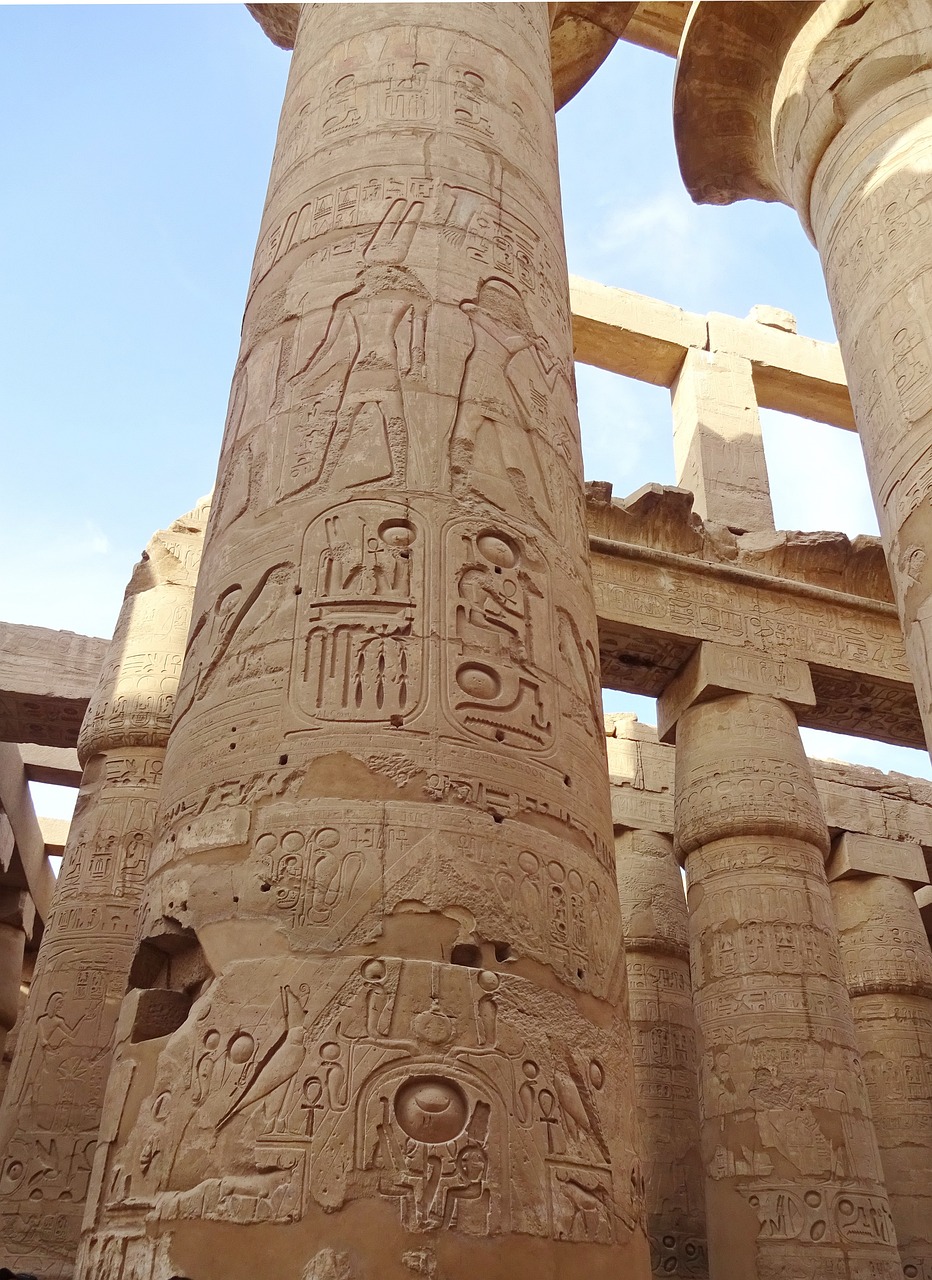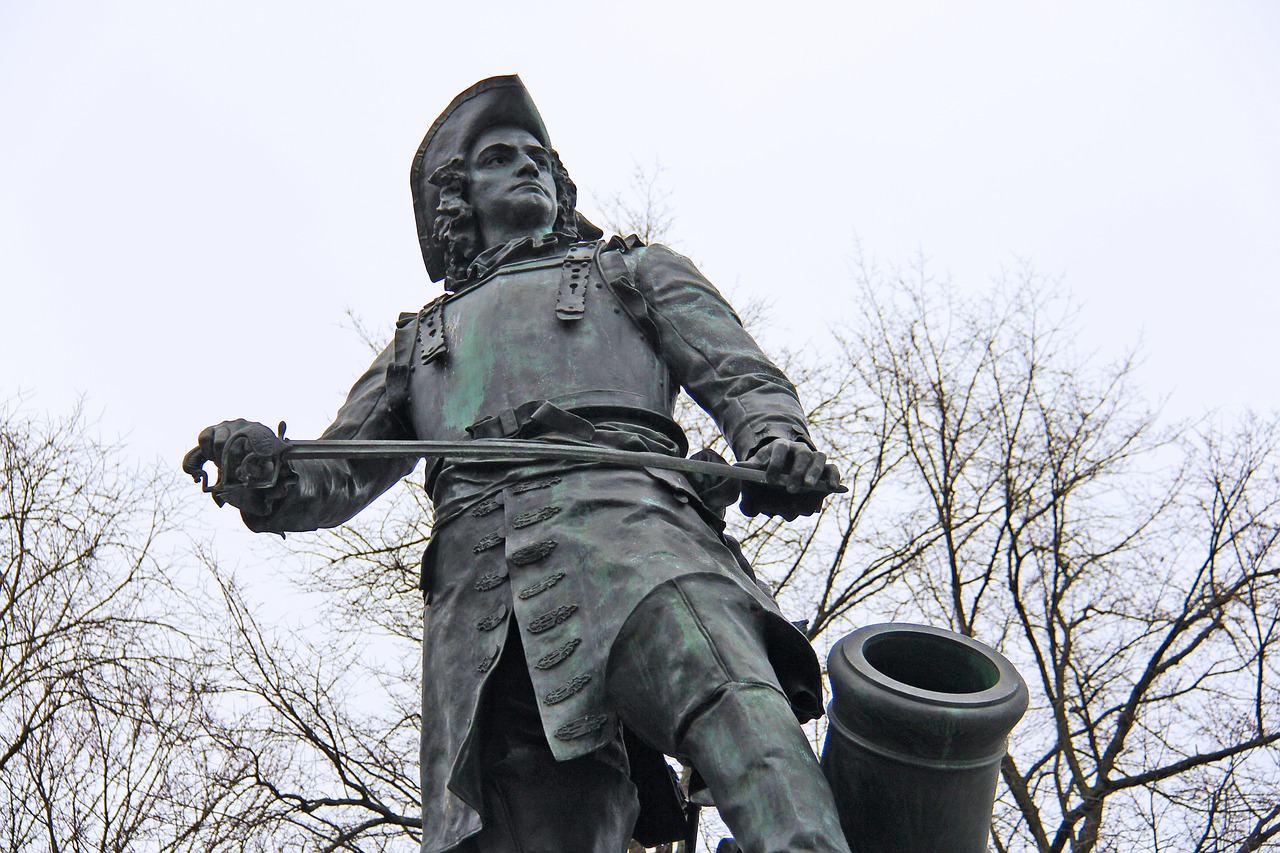Tag: ancient Egypt
-
Ancient Egyptian Religion: An Insight into Beliefs and Practices Ancient Egyptian religion, a complex tapestry of beliefs, evolved from indigenous practices dating back to the predynastic era (4th millennium BCE) and persisted until the early centuries CE when traditional customs began to fade. To fully appreciate the intricacies of this religion, it’s essential to understand…
-
In the northwestern region of suburban Cairo, buried beneath 20 meters of soil, lies ancient Iwn, a city that witnessed the genesis of existence itself. Known to the Greeks as Heliopolis, meaning the city of the sun-god, and referred to as Ain-Shams, or the eye of the sun, by the Arabs, this site is arguably…
-
This week, I’ve decided to revisit the origins of this blog: Ancient Egypt! For my final two passion posts, I wish to dedicate them to my beloved region (Egypt) and my favorite deity (the identity of which will be revealed next week!). In this entry, allow me to introduce you to Sekhmet. Key Facts about…
-
Osiris, the green-skinned god representing the afterlife, is among the most significant deities from ancient Egypt. Serving as a source of comfort for those yearning for life beyond death, he symbolized fertility brought by the Nile and served as a model for kingship. Osiris is unique in ancient Egyptian texts as the only god referred…
-
The Ancient Reverence for Ptah: A Creator God of Memphis Although not prominently featured in early Egyptian texts, the worship of Ptah in Memphis dates back to the late prehistoric era. Recognized as one of the key creator deities, Ptah was also the advocate for artisans and the guardian of Memphis. As Egypt transitioned through…
-
Ancient Egyptian belief systems, encompassing indigenous practices from the pre-dynastic era (4th millennium BCE) until the decline of traditional culture in the early centuries CE, present a rich tapestry of religious significance. For a more comprehensive historical overview, one can reference the history of Egypt. Overview of Beliefs and Practices The religious practices in ancient…
-
Isis, the revered deity of ancient Egypt, stands out remarkably among the pantheon for her vocal interactions with both gods and mortals. Her widespread influence and character evolved notably post-Alexander the Great’s conquest of Egypt in 332 BC, intertwining her narrative with Greek culture. This essay delves into Isis’s oral engagements recorded in pharaonic texts…
-
The Karnak Temple complex, dedicated to the worship of the god Amun-Re, served as the central religious hub in Thebes during Egypt’s New Kingdom period, spanning from 1550 to 1070 B.C.E. This site remains one of the largest religious structures worldwide. Rather than being a singular temple, Karnak encompasses several precincts, including those for the…
-
Aker: The Guardian of the Horizon in Ancient Egyptian Mythology Introduction to Aker Aker, a prominent deity in ancient Egyptian mythology, represented the horizon and served as both the guardian and gatekeeper to the realm of the Underworld. His influence permeates various legends and religious practices of the time, showcasing the complexities and beliefs of…
-
In the ancient Egyptian pantheon, the goddess Heqet was revered as a potent embodiment of fertility and childbirth. Her influence stretched from the Old Kingdom through to the Ptolemaic period, owing to her vital roles in fertility, agriculture, and funerary rites. Notably popular among women, Heqet was often called upon for safeguarding during pregnancy. Investigating…

